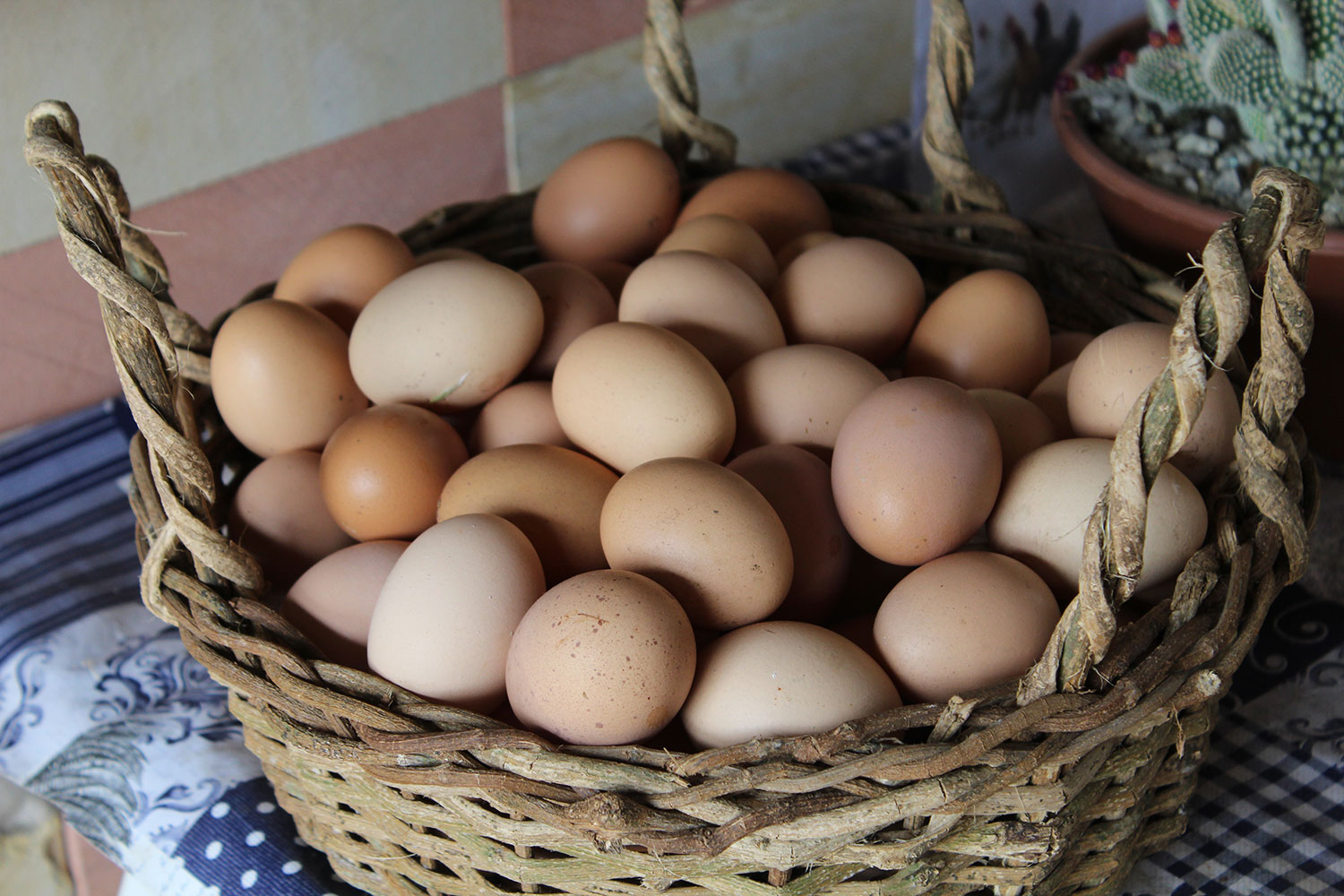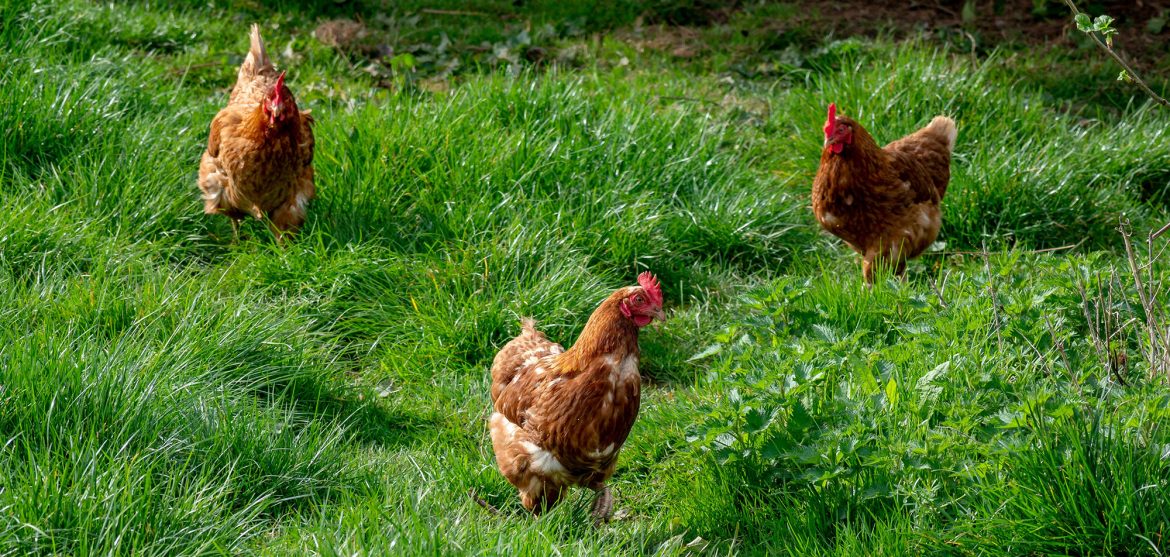If Sean Jones has his way Plano residents will soon be allowed to have chickens in their backyards. For the past several years, he has led a grassroots movement to change local ordinances that prohibit the practice. Next week the Plano city council will likely consider the issue.
“A few years ago the City [of Plano] didn’t have any interest in this whatsoever,” Sean said. “It seems that this time around they’ve changed their tune and are at least willing to listen to us.”
An online petition circulated by Sean to gauge interest has collected 1,796 signatures as of this story’s publication, but there is no way to verify the signers are from Plano. A Facebook group has also been created for supporters to join.
Chief among the reasons supporters are advocating for this change is the ability to harvest fresh eggs. They also say that raising chickens is educational for children and that the animals even make good pets.
Sean, who intends to run for city council in the future, worked with a group that drafted a potentional ordinance that they hope will be palatable to city officials. Among the things the group proposed were limits on the number of chickens and coop requirements. Roosters would be prohibited within the city limits. Chicken owners would also be required to register their hens and pay an annual fee.
“The City wants to make money and all we want is to have a couple of chickens, to be able to eat fresh eggs in the morning and to raise our kids around some type of animal that’s not a cat or a dog,” he said.

According to Plano Animal Services Department Director Jamey Cantrell, animal registration fees are not money-makers for the city. If fact, they typically don’t even cover the costs of the services his department provides. The only way to do that would be to impose a permit fee that most people would consider prohibitively high.
Over the past month Jamey has worked with no fewer than five city departments to research the impact of allowing backyard chickens. His goal has been to gather as much information as possible so that the city council can make an informed decision.
In addition to fresh eggs, city staff has identified the fact that chickens eat insects and produce good fertilizer as arguments in favor of changing current regulations. Of course fertilizer production could also be considered an argument against due to its less than pleasing smell.
Among the issues most concerning to city staff is how unwanted chickens will be handled. Their research shows that it can be difficult to determine the gender of young chicks. Oftentimes people end up with roosters, which don’t produce eggs and make more noise. An unfortunate fact is that the Animal Services Department already commits significant resources to deal with unwanted dogs, cats and other animals. If chickens were permitted in the city, the department would have to develop procedures on how to track down and catch unwanted ones. Then they would have to figure out what to do with them.
There are also zoning issues to contend with. City staff would need to rewrite codes to spell out exactly how and where people could keep their pet birds. For example, if someone has a master bedroom window next to their neighbor’s fence, they may not want a chicken coop just a few feet away.
“It’s things like that we have to think about to ensure that people’s choices to keep pets do not interfere with their neighbor’s choice to not keep pets,” Jamey said.
Sean believes he has addressed these concerns through the detailed information he has provided. His proposal spells out exactly where chickens could be kept as well as the type of enclosure that would be required. According to him, neighbors will not have to worry about foul-smelling fowl so long as owners maintain their coops properly. He says that will be ensured through mandatory inspections his proposal spells out.
As for concerns about chickens attracting rodents or other wildlife, Sean says his research shows these worries are overblown. Those animals already live amongst area neighborhoods and would not be more attracted to homes just because they have chickens.
Jamey says that city staff will not take a position for or against the issue when it is presented to the city council. He hopes that the work of so many people in the city will ensure that if changes to the ordinance are made, everything that needs to be addressed will have been properly considered.
The next Plano city council meeting is set for June 22.
Watch City Council Meetings >





In my area, people will raise chickens for meat not eggs. Will this change allow us the raise meat chickens and to butcher them for home consumption?
Ok with me, live in Plano
Fully agree with this good idea.
Maybe if the bobcats in the neighborhood had unwanted roosters to eat, they slow down their neighborhood pet consumption. Just food for thought, pun intended.